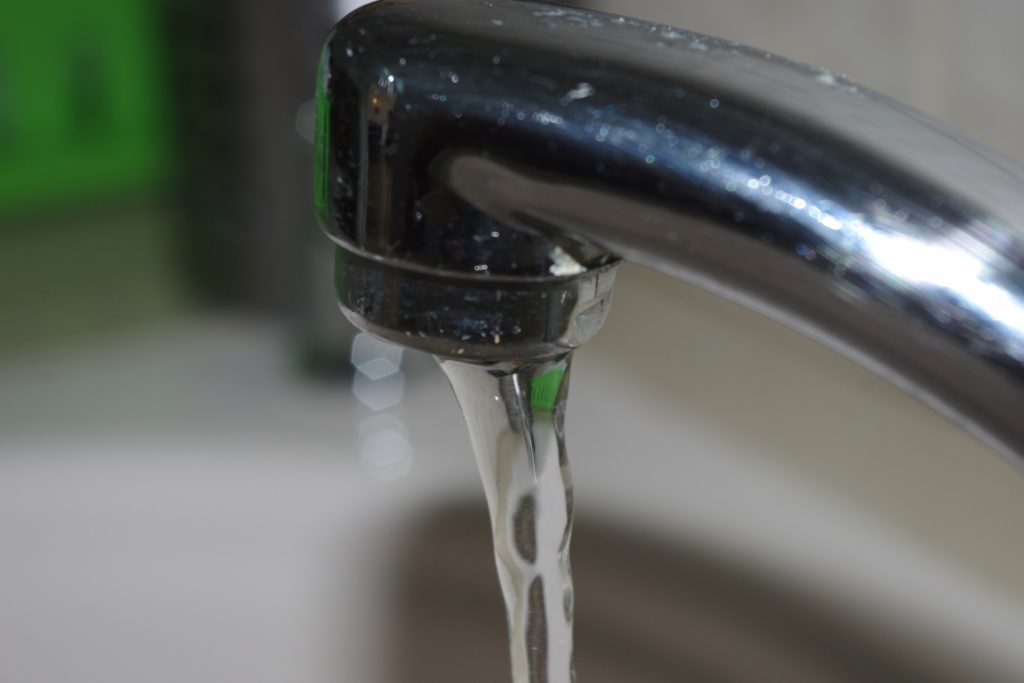Water cuts for domestic users will be banned in the Brussels Region, starting next year, and a social intervention in the price of water will also be introduced.
The Brussels government has approved the revision of the two ordinances governing water supply, announced Alain Maron, Brussels Minister for the Environment and Energy, on Friday.
One in four households in Brussels is faced with water insecurity, according to the King Baudouin Foundation.
Maron set up a working group that brought together Vivaqua, Brugel, Brussels Environment and the players involved in the fight against poverty, indebtedness and water scarcity, in order to examine concrete actions to drastically reduce the number of disconnections and the number of households that have difficulty accessing the water supply.
In specific terms, the main social measures included in the draft ordinance are a ban on cutting off water to domestic users - measures to prevent non-payment will accompany this future ban - and the automatic granting of an annual social intervention in the price of water to any household with “BIM” status.
“BIM” means beneficiary of increased intervention benefits, such as for medical care, public transit, or other services.
More than 1,000 Brussels households had their water supply cut off in 2017, according to Maron.
“This is unacceptable. Of all the essential services, water is the one we can least do without. The revision of the water ordinance will prevent cuts to households unable to pay, reduce the amount of the bill, and help them clear their debts,” Maron said.
Related News
- Over 1 in 5 Belgian households is fuel poor
- EU urged take drastic action to reduce marine litter
- Experts fear ‘collateral damage’ as patients postpone health care
The government also intends to grant a reasonable payment plan to all households that have difficulty paying their water bills and request help. The period for clearing the debt can be extended to 18 months.
The Brussels government has also decided that monthly electronic billing will become the norm for both domestic and business users from 1 January 2023. Only users whose electronic details are not available to Vivaqua will continue to receive quarterly bills by post.
This measure will make it possible to reduce the number of non-payments by users by allowing the annual bill to be split into several smaller bills, according to Maron.
Finally, the content of a water bill will also be revised to include additional information, including information on social intervention, the possibility of applying for a reasonable payment plan and/or financial assistance from the Social Water Fund, and the specific tariff for leaks, to name a few.
The information is intended to raise awareness about the services available for helping struggling residents.
The draft ordinance, which was adopted by the Vervoort government at first reading, will be submitted to the various advisory councils for their opinion before being presented to Parliament, with a view to coming into force at the beginning of 2022.
The Brussels Times

